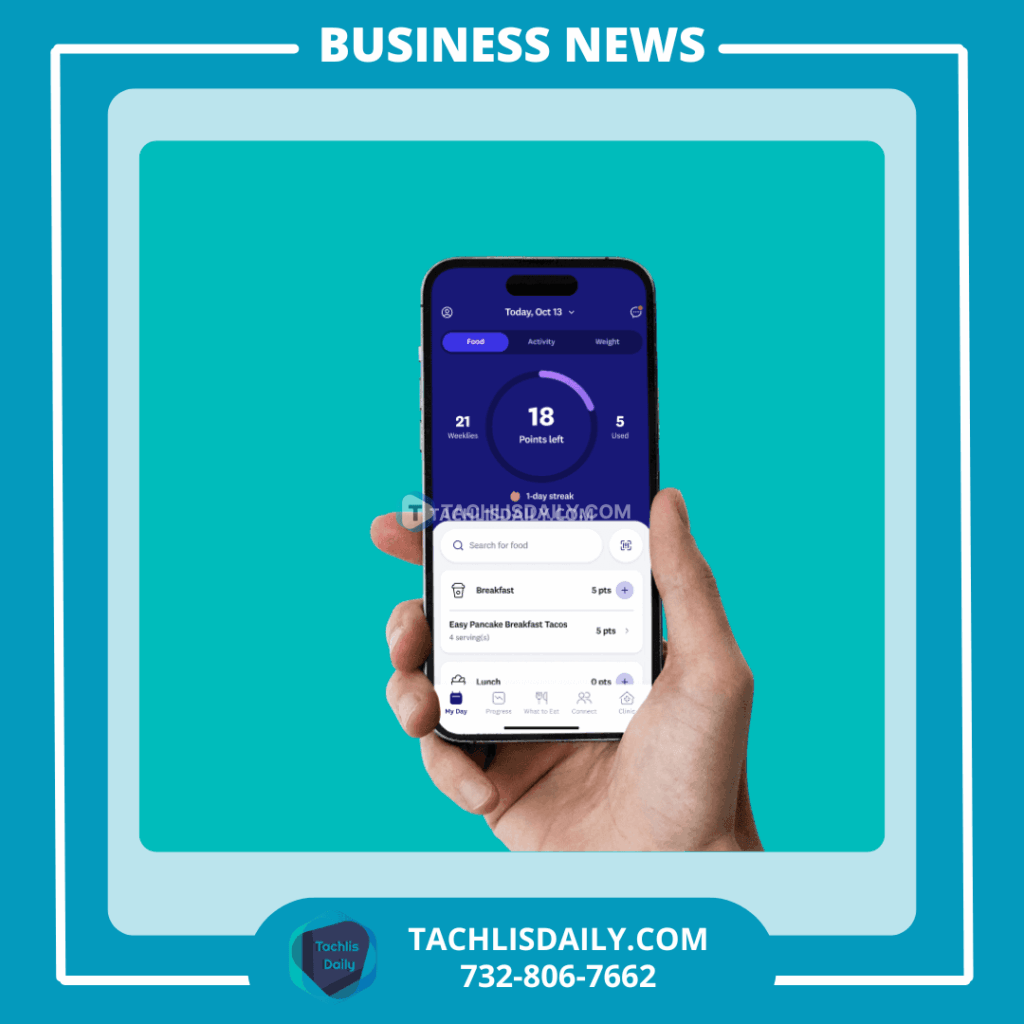WeightWatchers, now operating under the name WW International, has filed for Chapter 11 bankruptcy protection following years of financial decline, strategic missteps, and growing competition from pharmaceutical weight-loss solutions like Ozempic. The once-dominant name in dieting, known for its community meetings and points-based food system, is aiming to restructure and shed approximately $1.5 billion in debt as it attempts a rapid emergence from bankruptcy within 40 days.
The 62-year-old company acknowledged that it has fallen behind in an evolving weight loss landscape, where prescription medications are rapidly replacing calorie-counting and support groups. Despite its global brand recognition and millions of members, WW International has seen plummeting membership numbers and a drastic fall in stock value, now reduced to penny stock status after once peaking near $100 per share in 2018.
The shift toward digital health and a miscalculated pivot under former CEO Sima Sistani, who acquired a telehealth service to provide access to weight loss drugs, failed to stabilize the business. The costly gamble did not yield growth, and Sistani was ousted in September 2024. Her successor, Tara Comonte—formerly of Shake Shack—has promised aggressive changes aimed at innovation and investment in the brand’s core user base. In a public statement, Comonte expressed optimism, noting that the restructuring will help the company regain flexibility and reposition itself within a modern weight management market.
The bankruptcy comes after a painful period marked by falling revenues, a 12% drop in active members, and a crippling $100 million in annual interest payments. Adding to the turmoil, longtime board member and major public face Oprah Winfrey stepped down in 2024 and donated all her shares, symbolically closing a chapter in the brand’s celebrity-fueled marketing history. Winfrey, once a high-profile advocate of the program after her own weight loss success, later disclosed she had also used an undisclosed weight loss drug.
Founded in 1963 by Jean Nidetch, who began with small group meetings in her New York home, WeightWatchers grew into a cultural force by turning dieting into a shared emotional and behavioral journey. Nidetch herself lost more than 70 pounds and became an iconic figure in weight management. Her belief in emotional accountability and personal choice powered decades of success for the brand. However, the recent surge in pharmaceutical solutions has rendered the traditional community-focused model less appealing to modern consumers seeking faster, easier results.
WW’s bankruptcy filing is not expected to disrupt its services during restructuring, and executives maintain that the brand will return with a renewed focus. But its road to recovery remains uncertain in a market now dominated by powerful new players and shifting consumer expectations. The next 40 days will be critical in determining whether this legacy name in health and wellness can reclaim relevance—or if its best days are firmly in the past.












